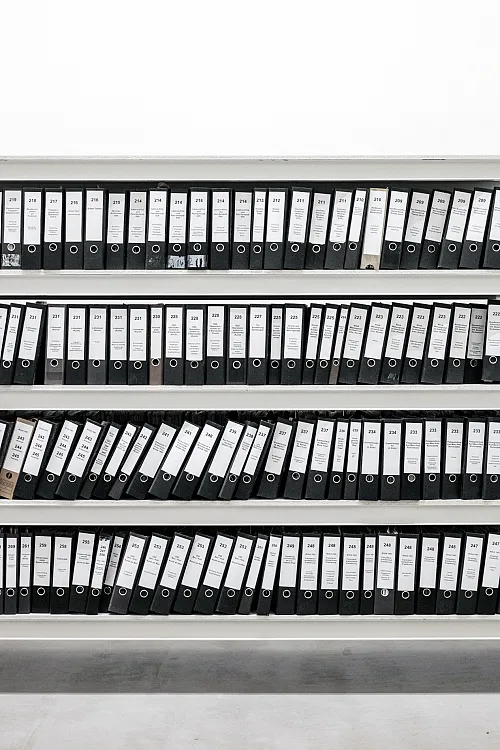The recent Portuguese Competition Act (Law no. 19/2012, of 8 May) has substantially altered the previous competition law regime. In addition to the in-depth review of the chapters on the substantive and procedural regulation of anticompetitive practices and merger control – including the rules governing appeals from decisions by the Portuguese Competition Authority (“PCA”) – the new Competition Act contains several new aspects starting from its initial chapter.
Chapter I of the Act, entitled “Promotion and defence of competition”, is longer than the corresponding section in the previous Act due to the addition of four new provisions.
Article 5 summarises several aspects related to the powers, financing and presenting of accounts by the PCA which, as a whole, are already provided for in its statute (approved by Decree-Law no. 10/2003, of 18 January). The most significant innovation relates to the duties, set out in paragraphs 5 to 8 of this provision, for the PCA to prepare an annual report on its activities, a balance sheet and annual accounts, which it submits to the Government that, subsequently, refers them to Parliament. Following their approval, these documents are published in the Portuguese official gazette and on the PCA’s website.
Article 6, in turn, reinforces the monitoring of the PCA’s activity by Parliament, in two ways. Firstly, it provides for at least one debate in the Parliament’s plenary session in each legislative term (article 6, 1). Secondly, it determines that the members of the PCA’s Council must present themselves to the relevant parliamentary committee for a hearing on the annual activities report and, in addition, provide any ad hoc clarification on competition policy issues.
Perhaps the greatest innovation is the introduction of an opportunity criterion regarding the opening of investigations by the PCA, as set out in Article 7. Thus far, the PCA was bound by a strict legality principle according to which it was under a duty to open an investigation whenever it acquired knowledge, by any means (including third party complaints), of eventual unlawful practices. Under the new Act, the AdC can now prioritise between different matters falling under the scope of its powers. In addition, it is no longer bound to initiate an infringement procedure to investigate all allegations of anticompetitive behaviour, as it may now weigh up that option in the light of several criteria (such as the seriousness of the eventual infringement or the likelihood of proving its existence – Article 7, 2).
As a counterweight to this increased flexibility in the exercise of its sanctioning powers, Article 8 expressly governs for the first time the PCA’s handling of complaints. This provision allows for an interactive process during which the PCA may request additional clarification or comments from complainants, with the possibility of rejecting complaints it considers to be without sufficient grounds or that fall outside its priorities. However, the Act ensures the right to appeal against any decision by the PCA to reject a complaint, which protects the rights of third parties (such as companies injured by the unlawful practices) within this more flexible framework of the opportunity criterion.
In short: in its innovative segments, the new Chapter I of the Competition Act reinforces the publicity given to the PCA’s activities and its accountability to Parliament, allowing also for a more flexible management of its investigative powers in accordance with previously defined priorities.
This article was written by lawyer Gonçalo Machado Borges.



